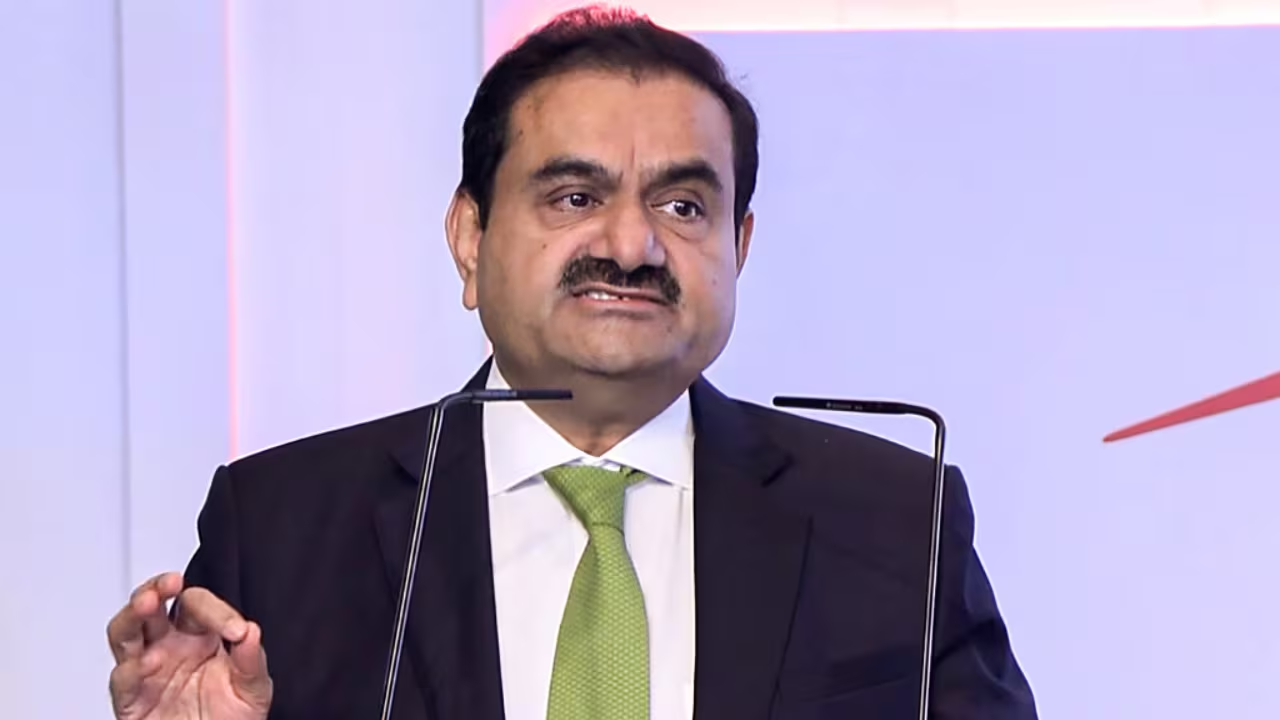As Oman moves forward with its plans, the introduction of an income tax could mark a significant change for many expatriates who have long benefited from the tax-free status of Gulf countries
Oman is set to implement an income tax policy that will significantly affect its expatriate population, particularly the 600,000 Indian nationals living and working in the country. This development marks a shift in the financial landscape of Oman, which, like other Gulf nations, has traditionally maintained a tax-free environment to attract foreign workers. Many of these Indian expatriates regularly send remittances back to India, contributing substantially to the Indian economy. Reports indicate that these remittances amount to approximately Rs 27,000 crore annually.
The introduction of income tax in Oman aligns with broader regional trends among the Gulf Cooperation Council (GCC) countries. Kuwait, another member of the GCC, is also considering ending its zero-income tax regime. In contrast, Saudi Arabia and the United Arab Emirates (UAE) continue to adhere to a tax-free income policy. However, these nations have not been immune to economic changes and have started to implement indirect taxes, such as the 15% Value Added Tax (VAT) in Saudi Arabia, to diversify their revenue sources.
This shift could influence not only the economic stability of expatriates but also their contribution to their home economies through remittances
According to data from the Government of India, approximately 8.9 million Indians reside across these Gulf countries. The prospect of an income tax in Oman and potentially other nations has sparked concerns about the financial burden on expatriates, especially in the context of declining oil reserves and the global shift towards greener energy solutions. As oil revenues dwindle, these petro-monarchies are increasingly exploring alternative revenue streams to sustain their economies.
To offset the economic impact of reduced oil dependency, these countries have started focusing on expanding sectors such as business and tourism. Additionally, they have imposed taxes on goods and services to generate revenue. The move towards income tax in Oman may be the beginning of a broader trend in the region, potentially leading to further fiscal policies that could impact the expatriate workforce, including a large number of Indian nationals.
***********************************************************
Readers
These are extraordinary times. All of us have to rely on high-impact, trustworthy journalism. And this is especially true of the Indian Diaspora. Members of the Indian community overseas cannot be fed with inaccurate news.
Pravasi Samwad is a venture that has no shareholders. It is the result of an impassioned initiative of a handful of Indian journalists spread around the world. We have taken a small step forward with the pledge to provide news with accuracy, free from political and commercial influence. Our aim is to keep you, our readers, informed about developments at ‘home’ and across the world that affect you.
Please help us to keep our journalism independent and free.
In these difficult times, running a news website requires finances. While every contribution, big or small, will make a difference, we request our readers to put us in touch with advertisers worldwide. It will be a great help.
For more information: pravasisamwad00@gmail.com








